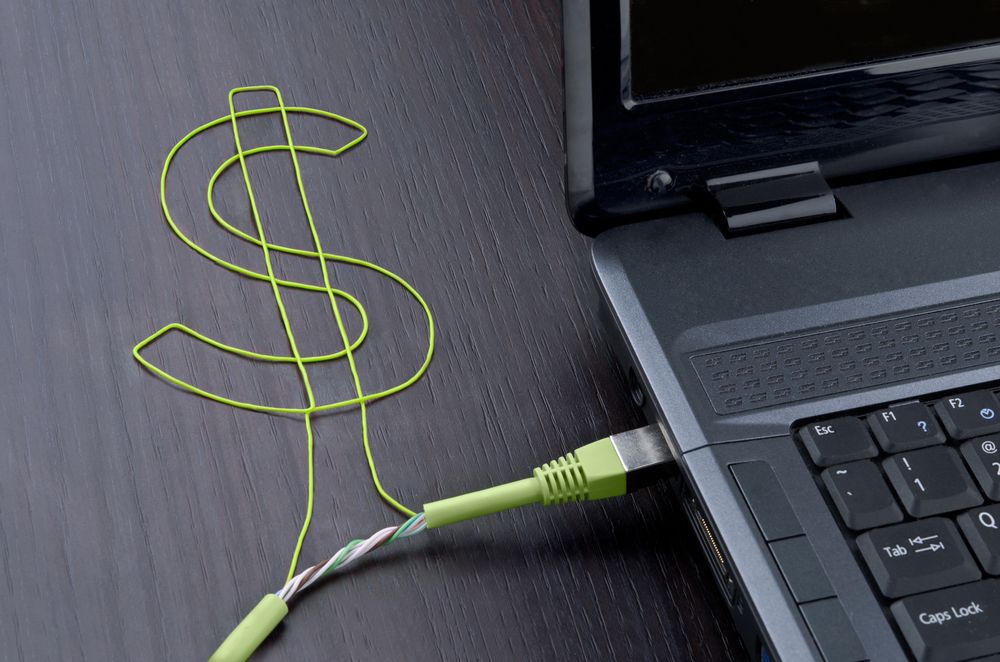
In the fast-paced world of today, the ability to transfer funds quickly and securely is vital for both individuals and businesses. Wire transfers play a crucial role in this domain, enabling the rapid movement of money across the globe. This financial service is indispensable for international trade, investment, and personal remittances. However, with the efficiency of wire transfers also comes the need for a thorough understanding of the process, security considerations, and awareness of alternative methods. This article aims to provide a comprehensive overview of wire transfers, elucidating the basic concepts, the detailed process involved, the differences between domestic and international transfers, alternatives to wire transfers, and the essential practices to ensure security and minimize risks.
Unraveling the Basics of Wire Transfers
A wire transfer is an electronic means of moving funds from one individual or entity to another. Unlike traditional methods that involve the physical exchange of cash or checks, wire transfers rely on a network of banks or transfer service agencies to facilitate the transaction. The term “wire transfer” originates from the older technology where transfer instructions were sent via telegraph wires. Today, the process is much more advanced, utilizing sophisticated banking systems and the internet to execute transactions.
Understanding the Wire Transfer Process
The wire transfer process is relatively straightforward but involves several key players. It begins with the sender initiating the transfer by providing the recipient’s banking details, including the account number and bank routing number for domestic transfers, or the SWIFT/BIC code for international transfers. The sender’s financial institution then sends a message through a secure system, such as the Fedwire or the Society for Worldwide Interbank Financial Telecommunication (SWIFT), to the recipient’s bank with instructions for the transfer.
The recipient’s bank receives the message and credits the funds to the recipient’s account, completing the transaction. Throughout this process, transaction fees are often incurred by either the sender, the recipient, or both, and can vary widely depending on the banks or services involved and the urgency of the transfer.
Differentiating Between Domestic and International Wire Transfers
Domestic and international wire transfers, while similar in concept, differ in terms of complexity, cost, and speed. Domestic wire transfers are typically faster, often completed within the same day, and incur lower fees due to less processing required. They operate within the same financial system or country, which streamlines the process.
International wire transfers, on the other hand, must navigate a more complex network of banks and may involve currency exchange. These transfers can take several days to complete due to time zone differences, varying international banking procedures, and compliance with international regulations. They are also typically more expensive, given the higher transaction fees and currency conversion costs.
Exploring Alternatives to Wire Transfers
While wire transfers are a reliable and secure method of moving funds, there are alternatives that individuals and businesses may consider. These include Automated Clearing House (ACH) transfers, which are typically slower but incur lower fees, making them suitable for regular, non-urgent payments like payroll or bill payments. There are also online payment platforms such as PayPal and Venmo, which offer convenience for small transactions and are increasingly used for personal transactions.
Digital currencies and blockchain technology have also emerged as alternatives, offering the potential for faster and potentially more cost-effective transfers. However, these methods come with their own sets of risks and regulatory considerations.
Ensuring Security and Mitigating Risks in Wire Transfers
The convenience of wire transfers unfortunately also makes them a target for fraud and cybercrime. To mitigate these risks, it is crucial for both senders and recipients to take proactive security measures. Verification of all banking details before initiating a transfer, securing personal and financial information, and being aware of common scams are fundamental practices.
Banks and financial institutions have implemented multiple layers of security, including encryption, multi-factor authentication, and behavior monitoring, to protect clients’ funds. However, individuals and businesses must remain vigilant, especially when conducting high-value transactions or operating in regions with heightened risk of fraud.
Wire transfers stand as a testament to technological advancement in the financial sector, providing a swift and efficient mechanism to move funds locally and across borders. Understanding the nuances of the wire transfer process, differentiating between domestic and international transfers, considering alternatives, and maintaining robust security practices are essential for anyone looking to utilize this service. As the financial landscape continues to evolve, wire transfers will likely remain a core component of the global economy, but they will also coexist with emerging technologies and services that offer innovative ways to manage and move money. It is incumbent upon all participants in the financial system to stay informed and exercise due diligence to harness the benefits of wire transfers while minimizing their risks.
